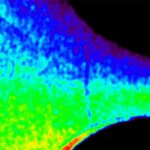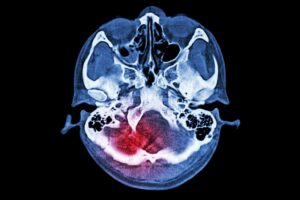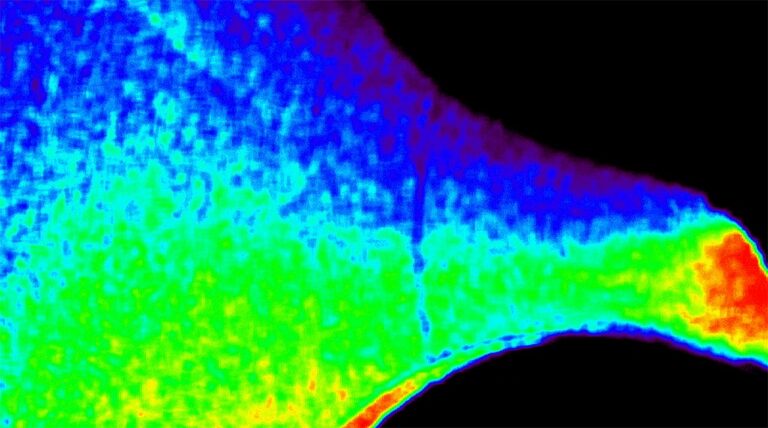In a deeply concerning development within the field of neurodegenerative diseases, experts at the Mayo Clinic are investigating a troubling trend: a mysteriously rapid progression of Alzheimer’s disease in certain individuals. While Alzheimer’s is typically known as a slow-moving condition that unfolds over years, a growing number of patients are experiencing an unusually swift cognitive and physical decline, raising urgent questions and research priorities.
This phenomenon—often referred to as Rapidly Progressive Alzheimer’s Disease (rpAD)—is now under intense study by researchers at Mayo Clinic, one of the world’s leading institutions in Alzheimer’s and dementia research.
Understanding Traditional Alzheimer’s: A Gradual Thief
Alzheimer’s disease, the most common form of dementia, affects more than 55 million people globally. The classic progression of Alzheimer’s follows three general stages:
Mild (Early Stage) – Memory lapses, confusion, and difficulty with routine tasks.
Moderate (Middle Stage) – Increased memory loss, disorientation, changes in behavior and personality.
Severe (Late Stage) – Inability to respond to the environment, communicate, or control movement.
This journey usually spans 8 to 10 years, though it can vary. But in the mysterious cases under Mayo Clinic’s lens, the disease appears to accelerate, shrinking that timeline to as little as 6 months to 2 years.
Mayo Clinic’s Alarming Findings
Researchers at Mayo Clinic have identified cases where patients, who once functioned normally, began showing signs of severe cognitive impairment within a matter of months. MRI scans revealed extensive brain shrinkage, particularly in areas responsible for memory, language, and decision-making.
Preliminary observations suggest that:
Patients with younger onset (under age 65) may be more vulnerable to rapid progression.
There might be a distinct biological pathway fueling this swift deterioration, separate from classic Alzheimer’s mechanisms.
A combination of genetic mutations, inflammatory processes, and unknown triggers could be at play.
Dr. Ronald Petersen, director of the Mayo Clinic Alzheimer’s Disease Research Center, remarked,
“While Alzheimer’s is always devastating, this unusually fast decline is especially tragic and bewildering. We’re urgently working to uncover why this happens and how we can intervene.”
Possible Causes Under Investigation
Mayo Clinic’s ongoing research is exploring several hypotheses:
Aggressive Amyloid or Tau Build-Up
While Alzheimer’s is known for beta-amyloid plaques and tau tangles, rpAD patients may have a more aggressive or abnormal accumulation pattern.
Neuroinflammation
Heightened inflammatory responses in the brain may be accelerating neuronal damage in these cases.
Autoimmune Triggers
Some believe the body’s own immune system may mistakenly attack brain cells, worsening the damage.
Genetic Risk Factors
Variants like APOE4 have been linked to higher Alzheimer’s risk. Certain rare genes may explain faster degeneration.
Vascular Damage
Underlying cardiovascular issues could compound Alzheimer’s effects, leading to faster mental decline.
The Emotional Toll on Families
Families of rpAD patients often experience confusion, trauma, and helplessness. Many report that their loved ones changed “overnight,” going from minor forgetfulness to full dependence within months.
Lisa M., whose mother was diagnosed with rapidly progressing Alzheimer’s, shared:
“She forgot my name in six months. We were blindsided. There was no time to prepare or adapt—it was just gone.”
This emotional whiplash places enormous stress on caregivers and heightens the need for early detection and specialized care protocols.
What This Means for Diagnosis and Treatment
The Mayo Clinic is now urging clinicians to consider rpAD as a distinct diagnosis, which may require:
More frequent cognitive testing
Advanced brain imaging (PET scans, fMRI)
Fluid biomarkers for faster detection
Tailored care plans and experimental therapies
Unfortunately, there is currently no known cure for Alzheimer’s, whether classic or rapid-progressing. However, recognizing this faster variant may lead to earlier interventions and access to clinical trials that could slow its course.
Hope on the Horizon: Mayo’s Mission
Despite the grim nature of rpAD, researchers remain hopeful. With advancements in AI brain mapping, genetic testing, and drug discovery, the Mayo Clinic aims to:
Pinpoint exact biological triggers
Create predictive biomarkers
Test targeted medications to slow or stop rapid brain loss
Early trials with anti-tau drugs and immune-modulating therapies are underway, and results are expected in the coming years.
Final Thoughts: Vigilance, Awareness, and Research
When Alzheimer’s accelerates, lives are turned upside down at a speed no one expects. The Mayo Clinic’s investigation into rapidly progressing Alzheimer’s offers hope—not only in understanding this troubling variant but also in potentially unlocking breakthroughs for Alzheimer’s as a whole.
If you or a loved one is showing unusually fast signs of cognitive decline, don’t dismiss it. Seek immediate medical attention, request advanced diagnostics, and explore clinical trial options.
With greater awareness, better tools, and continuous research, we can strive toward a future where even the fastest forms of Alzheimer’s can be slowed—if not stopped altogether.

















+ There are no comments
Add yours